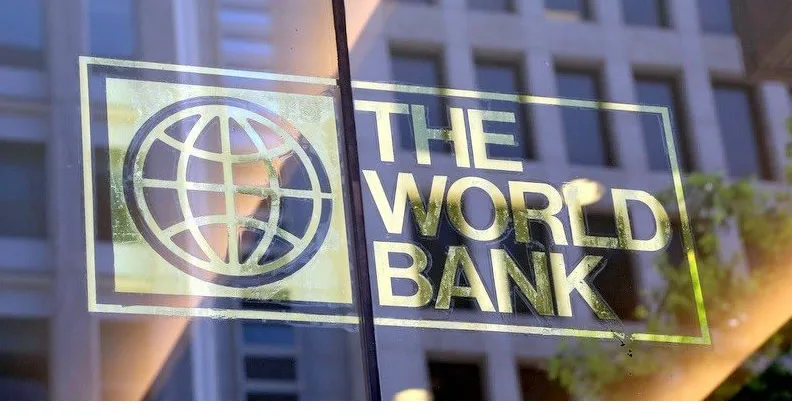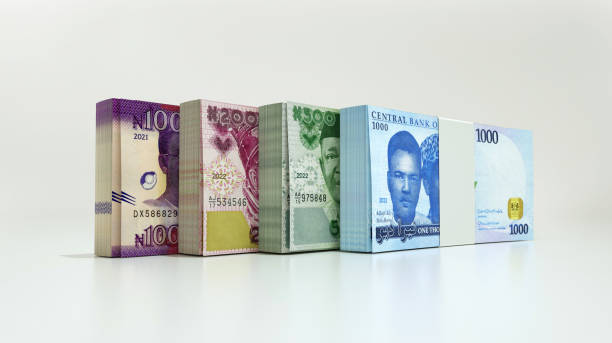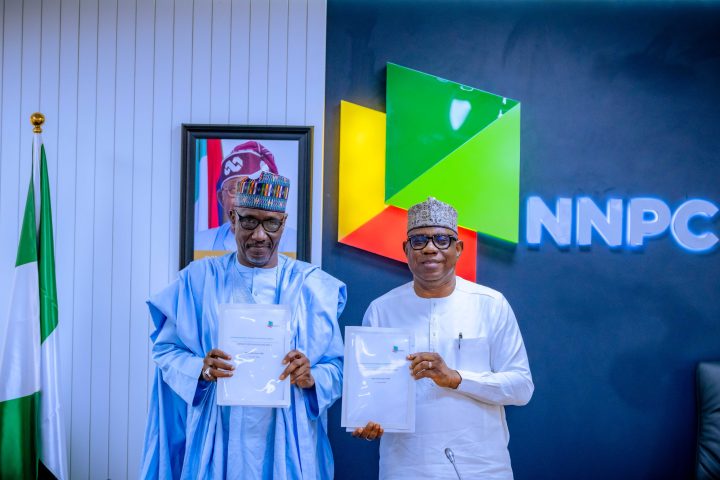Interest Rate Hikes Could Continue Amid Inflation and Currency Pressure
Nigeria may continue to experience rising interest rates as inflation and currency weakness persist, according to a recent report from the World Bank. Despite other African nations beginning to lower their interest rates, the World Bank warns that Nigeria’s monetary policy may remain strict for an extended period. The report highlights the need for higher interest rates to combat inflation and stabilize the nation’s struggling economy.
“Countries like Nigeria, which still face double-digit inflation and a weak domestic currency, will keep monetary policy rates higher for longer,” the World Bank stated. This comes as Nigeria faces increasing price pressures and economic challenges following the removal of fuel subsidies and the devaluation of the naira in 2023.
Join our WhatsApp ChannelWhat Are the Drivers Behind Interest Rate Hikes?
The World Bank’s Africa’s Pulse report points to several factors pushing Nigeria to maintain high interest rates. Among these are the ongoing weakness of the naira, slow fiscal adjustments, and persistent inflationary pressures. These economic challenges have forced the Central Bank of Nigeria (CBN) to take a hawkish stance on monetary policy under its new governor, Olayemi Cardoso.
Since his appointment, Cardoso has overseen a cumulative increase in interest rates by 850 basis points, bringing the rate to 27.25 per cent within a year. However, inflation, which had shown signs of decline, surged again to 32.7 percent in September, posing a significant challenge to the central bank’s efforts.
“The CBN’s approach to raising interest rates is an attempt to slow inflation, but it hasn’t yet yielded the desired effect,” explained financial analyst Chukwudi Eze. “What’s concerning is that higher rates may further stifle business activities and weaken job creation.”
Analysts Warn Against Continuous Rate Increases
While the CBN’s tight monetary policy aims to address inflation, some experts have voiced concerns about the broader economic consequences of sustained high interest rates. They caution that continuous rate hikes could reduce investment and increase the cost of borrowing, which would hurt businesses and consumers alike.
READ ALSO: 71% Of Nigerians Seek Interest Rate Reduction – CBN Survey
“Nigeria needs a more comprehensive solution that brings in foreign investment,” said Eze. “Without that, we’ll continue to see pressure on the naira, and these high interest rates will become a burden rather than a solution.”
Global Context of Interest Rates
The World Bank report also mentioned other African countries facing similar economic challenges, such as Angola and Sierra Leone, where interest rates remain elevated. However, nations like Ethiopia and Ghana have also struggled with weakened currencies and inflation, though their approach to monetary policy differs from Nigeria’s.
“Nigeria’s case is unique because of its large economy and the severe impact of the fuel subsidy removal,” noted the World Bank. “This is why the country may need to keep its rates high longer than other nations.”
Outlook for Nigeria’s Economy
Looking forward, the path ahead for Nigeria remains challenging. With the naira continuing to depreciate and inflation still rising, further interest rate increases may be inevitable. Some financial experts argue that stabilizing the currency and boosting capital inflows will be essential to breaking the cycle of inflation and high borrowing costs.
“At this point, Nigeria is at a crossroads,” concluded Eze. “The focus on interest rates must be part of a larger strategy that includes attracting foreign investment and restoring confidence in the economy.”
The Central Bank’s policy moves, while aimed at stabilizing prices, will need to be balanced with efforts to support economic growth, job creation, and long-term stability. As Nigeria grapples with these complex issues, the role of the rates will remain central to any recovery plan.
Emmanuel Ochayi is a journalist. He is a graduate of the University of Lagos, School of first choice and the nations pride. Emmanuel is keen on exploring writing angles in different areas, including Business, climate change, politics, Education, and others.



















Follow Us